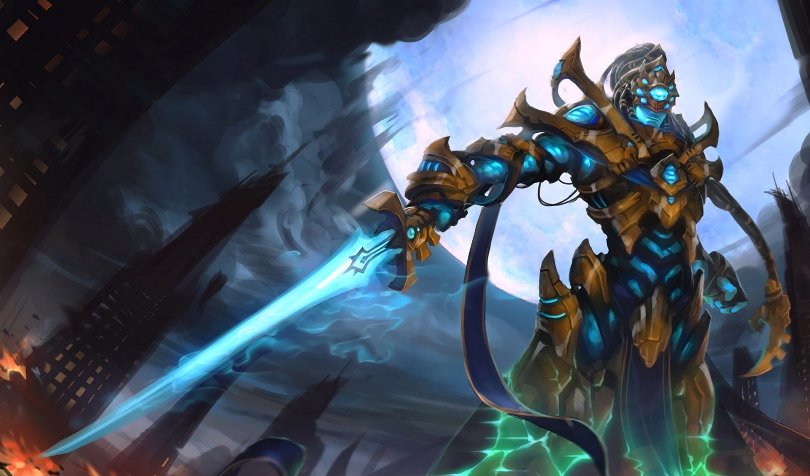Epic Games, a major player in the video game industry, recently announced its return to financial stability at the 2024 Unreal Fest. After a difficult year marked by layoffs and restructuring, the company is now “financially sound” according to CEO Tim Sweeney. Epic’s turnaround, powered by a renewed focus on core products like Fortnite and the Epic Games Store, showcases its resilience and determination to not just survive, but thrive in a highly competitive gaming landscape.
From Financial Challenges to Recovery
In 2023, Epic Games faced significant financial difficulties, leading to the layoff of 830 employees—about 16% of its workforce. CEO Tim Sweeney acknowledged that the company had been overspending, particularly in its efforts to expand Fortnite as a metaverse-inspired platform. With revenues declining, Epic also sold off non-core ventures like Bandcamp and spun off SuperAwesome.
Fast forward to 2024, and Epic’s fortunes have dramatically improved. Fortnite now boasts 110 million monthly active users, while the Epic Games Store has reached 70 million. These numbers, along with projected revenue growth of 30% for 2024 (bringing total revenues to $5.7 billion), highlight Epic’s successful recovery. By cutting costs, focusing on core products, and leveraging its strengths, the company has emerged stronger than ever.
Strategic Layoffs and Restructuring
The layoffs in 2023 were a difficult but necessary step in Epic’s recovery. By divesting from Bandcamp and SuperAwesome, Epic reduced its operational complexity and was able to focus on its strengths. These measures, while affecting around 1,080 employees in total, allowed the company to stabilize and prepare for future growth.
Epic also ensured that affected employees received adequate support, including severance packages, healthcare benefits, and career transition assistance. This focus on treating employees fairly, even in challenging times, has helped Epic maintain a positive image during its restructuring.
Competition in the Gaming Market: Why It Matters for Consumers
Epic’s recovery is more than just an internal success story—it highlights the importance of competition in the gaming marketplace, especially for consumers. Steam, long considered the dominant platform for PC game distribution, has faced increasing competition not just from Epic, but also from other major players like Microsoft’s Game Pass and GOG (Good Old Games).
Microsoft Game Pass, with its subscription-based model, offers gamers access to a vast library of games for a fixed monthly fee, significantly disrupting the traditional game distribution landscape. This model has been highly successful, giving gamers access to a wide variety of titles at lower costs, and forcing competitors to rethink their strategies. Meanwhile, GOG has carved out a niche by offering DRM-free games, appealing to gamers who value ownership and flexibility.
Epic has also made waves by offering exclusive games, free weekly titles, and a more favorable revenue-sharing model for developers compared to Steam’s standard 30% cut. Its “Launch Everywhere with Epic” initiative, which reduces Unreal Engine royalty fees for games released on the Epic Games Store, further encourages developers to choose Epic over its rivals.
The result? A more competitive market that ultimately benefits gamers. Whether through Epic’s free games program or the affordable access offered by Game Pass, consumers now have more choices than ever. GOG’s DRM-free model adds another layer of consumer-friendly options, ensuring that the gaming marketplace remains diverse and dynamic.
Future Plans: Expanding into Mobile and Beyond
Looking forward, Epic has ambitious plans to expand its presence even further. The company will launch its Games Store on mobile platforms by late 2024, bringing up to fifty third-party games to Android and iOS users. Epic’s free games program, which has been highly successful on PC, will also make its debut on mobile platforms, potentially drawing millions of new users.
In addition, Epic plans to release self-publishing tools and new social features in 2025. These features, combined with the company’s expanding mobile presence, show that Epic is not content to rest on its laurels. Instead, it’s pushing to compete even more aggressively with platforms like Apple’s App Store and Google Play, continuing its mission to provide developers and gamers with more choices.
Epic’s Road to Stability and Consumer Benefits
Epic Games’ financial recovery is a powerful example of how adaptability and bold decisions can lead to success in the gaming industry. The company’s ability to restructure, focus on its strengths, and implement innovative strategies has not only restored its financial health but also strengthened its position in a competitive marketplace.
For gamers, Epic’s resurgence highlights the value of competition. Platforms like Steam, Microsoft Game Pass, and GOG all offer unique benefits, but it’s the pressure created by this competition that drives innovation and better deals. Whether it’s through exclusive titles, free games, or flexible subscription models, consumers are reaping the rewards.
As Epic continues to expand into mobile platforms and introduce new developer tools, the gaming landscape will only grow more dynamic. For developers and gamers alike, Epic’s success signals a bright future filled with more opportunities, better options, and richer gaming experiences.






